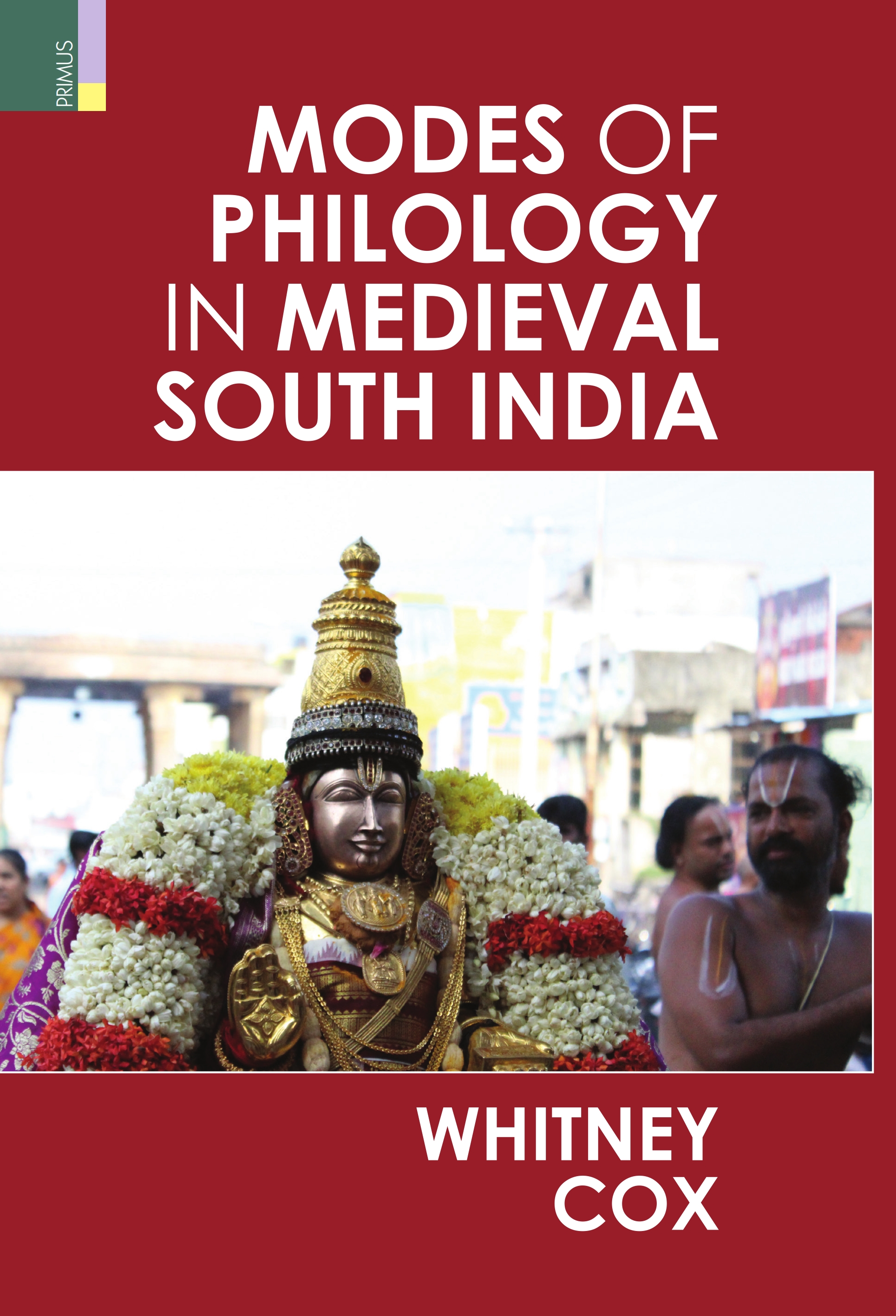
INFORMATION
- AUTHOR: Whitney Cox
- HB ISBN : 978-93-90022-31-1
- Year: 2020
- Extent: 244
- Discount available on checkout
- Usually dispatched within 3 to 5 working days
Philology was everywhere and nowhere in classical South Asia. While its civilizations possessed remarkably sophisticated tools and methods of textual analysis, interpretation, and transmission, they lacked any sense of a common disciplinary or intellectual project uniting these; indeed they lacked a word for ‘philology’ altogether.
Arguing that such pseudepigraphical genres as the Sanskrit purāṇas and tantras incorporated modes of philological reading and writing, Cox demonstrates the ways in which the production of these works in turn motivated the invention of new kinds of śāstric scholarship. Combining close textual analysis with wider theoretical concerns, Cox traces this philological transformation in the works of the dramaturgist Śāradātanaya, the celebrated Vaiṣṇava poet theologian Veṅkaṭanātha, and the maverick Śaiva mystic Maheśvarānanda.
Whitney Cox is Associate Professor in the Department of South Asian Languages and Civilizations, University of Chicago. His principal interest lies in Sanskrit language and literature, coupled with long-term investment in premodern Tamil, and in the cultural, political, and social history of far southern India. His recent research has touched on a wide spectrum of issues, including the political history of the major imperial dynasty of the medieval Tamil country; the centuries-long connections between the southern reaches of the subcontinent and the valley of Kashmir in the northwest; the transformations of late-medieval textual scholarship; Sanskrit and Tamil literary theory; modes of premodern historical writing in Sanskrit; and the pan-Indic traditions of the tantric worship of the Hindu deity Shiva.




